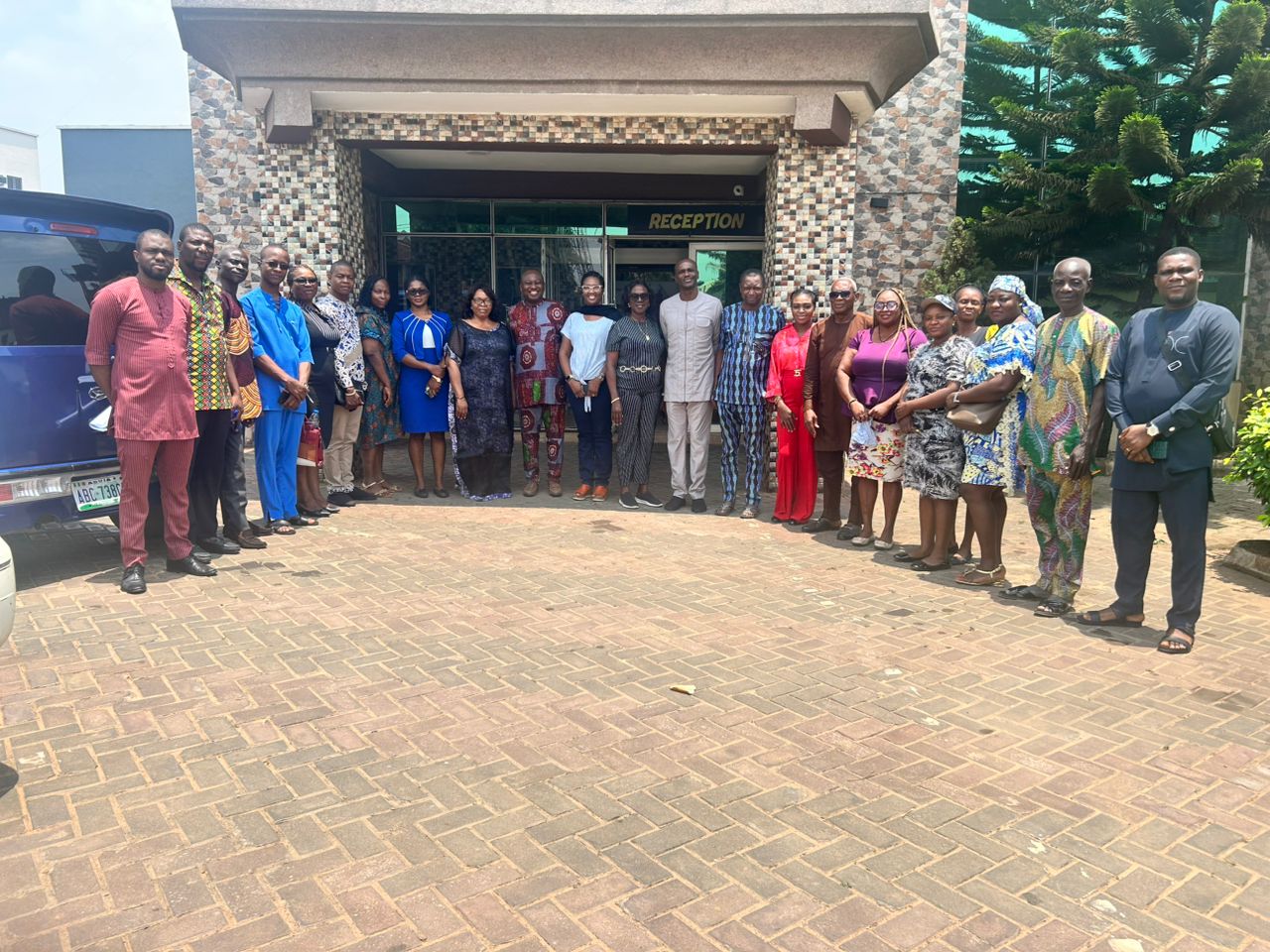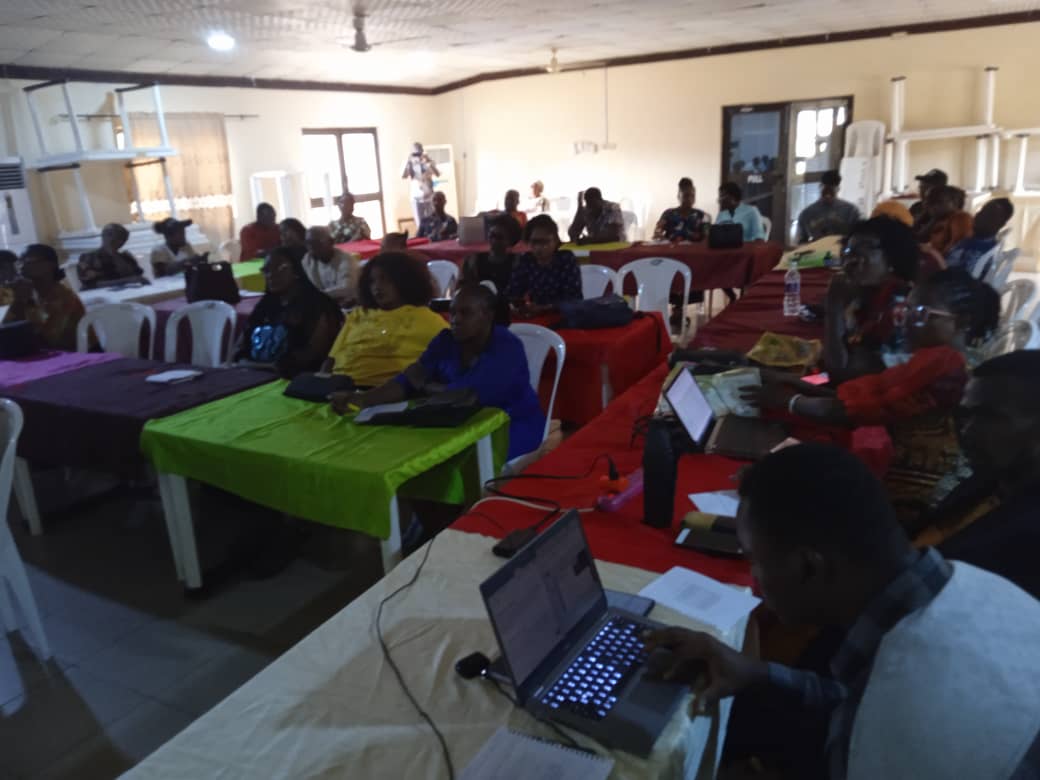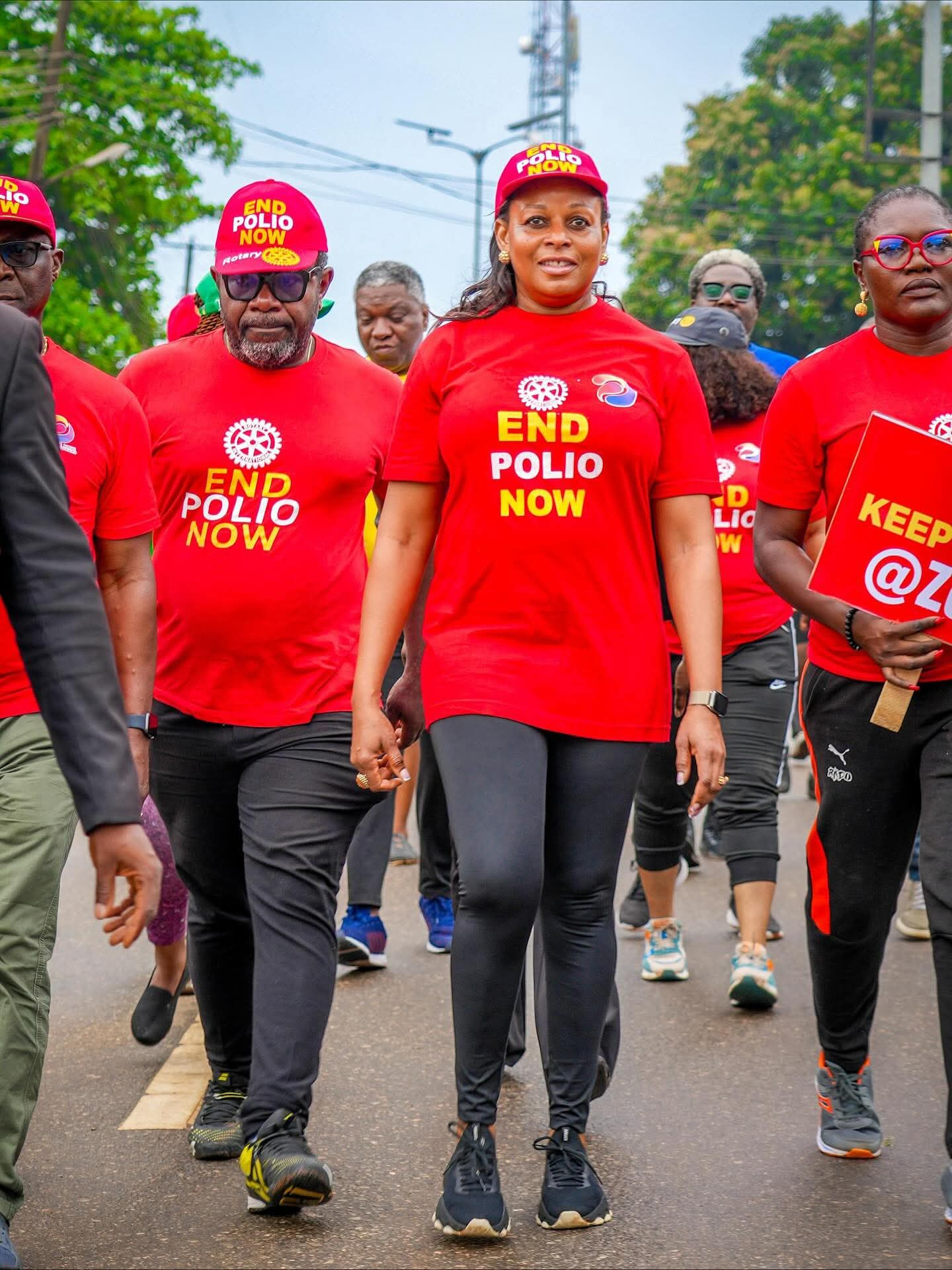Chinedum Elekwachi
The ATM (AIDS/HIV, TB and Malaria) Network has called on stakeholders to buy into operational modalities of the National Community Led Monitoring (CLM) Plan and Community System Strengthening (CSS) Frameworks for ATM response in Nigeria and other diseases of public health importance.
State Coordinator, ATM Network, Ify Unachukwu made the call in Awka, Anambra state at a 2-day Stepdown Meeting for the Operation Modalities of the National CLM Plan.
She said the modalities would also serve as platform to strengthen coordination, improve implementation fidelity.
It will also ensure Community-Led interventions’ long-term sustainability and impact nationwide.
She said, “Over the years, the ATM CSO networks in Nigeria have made efforts towards the finalization of the draft CSS framework and the development of the CLM framework.
“This framework provides clear guidelines, operational modalities, coordination mechanisms, and relevant tools to support effective CSS and CLM implementation.
“The CLM framework is a part of the broad CSS framework.
Funding by Global Fund
“Funding from the current Global Fund GC7 RSSH grant made this recent development possible.
“It seeks to establish a harmonized system for the prevention and control of diseases of public health importance, particularly at the community level.
“This meeting is to disseminate and promote understanding and buy in on the operational modalities of the National CLM Plan and CSS Frameworks for HIV/AIDS, Tuberculosis, and Malaria (ATM) response in Nigeria, as well as other diseases of public health importance.”
Zonal Coordinator, Southeast of Civil Society for Malaria Control, Immunization and Nutrition (ACOMIN), Prof Dennis Aribodor emphasized the importance of the training for effective service delivery at the communities.
He urged participants to take the training seriously to ensure sustainability beyond external donors.
“We should try to take ownership of the project because it’s all about us. That’s one sure way we can record success,” he said.
Program Manager, State Malaria Elimination Program, Awka, Ndibe Nonso commended the stakeholders’ commitments and the results emanating from the communities.
“We reiterate our willingness to assist as always and urge everyone to give the training the attention it deserves as we expect fruitful meeting,” he stated.
Project a worthy cause
State Coordinator, National Human Rights commission (NHRC), Obinna Maduforo described the project as worthy cause, reiterating the organization’s commitment to citizens right to health.
Maduforo, represented by Ishaya Joel said the program had been carried out in several other states, urging trainees to take the training seriously.
“Right to health means right to life. We must pay close attention to win the fight,” he noted.
Representative of the Anambra State Primary Healthcare Development Agency (ASPHCDA), Anigbogu Chiamaka pledged the Agency’s continued assistance to the program to guarantee success.
“We’ll continue to play our part in offering assistance to ensure success of the project,” she said.
Earlier, State Program Officer, Onyekachi Ololo said among the key expectations of the CSOs was to actualize the long-awaited system that would amplify citizens’ unique strength with common goal of service to communities.





